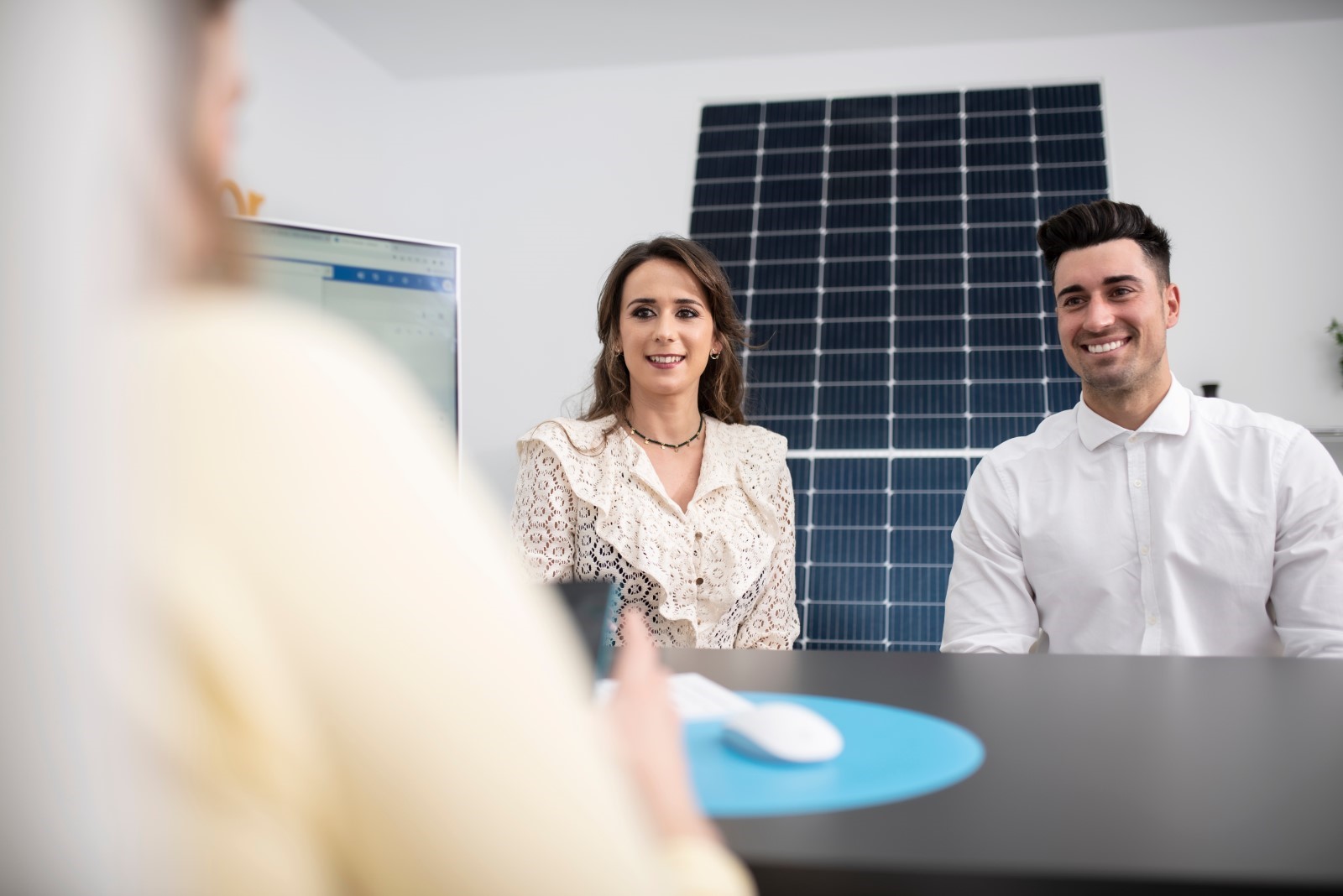
Harnessing the power of the sun to light your home is not new to many. It has already been proven that solar panels are an excellent way to lessen your electricity bills and reduce your carbon footprint. This is why, as of 2022, the Electric Authority recorded 43,641 solar systems installed, adding up to 240 megawatts of New Zealand’s consumable electricity. (1)
As a first-time buyer, the process of picking and buying solar panels could be challenging. That is not something to worry about, though. This guide will walk you through everything you need to know to confidently make a decision when purchasing solar panels.
Making the initial decision
The first step is to assess your need for solar panels. Consider your electricity usage; if you have high energy bills, home solar panels are a great alternative to reduce your reliance on the grid, which would result in long-term savings.
Another factor is your roof. Solar panels love sunshine, so they work best when they get a good amount of it throughout the day. Considering New Zealand is located in the Southern Hemisphere, north-facing roofs are ideal. They capture the most direct sunlight, maximizing your panels’ efficiency. On top of that, you want to make sure your roof has enough space for all the panels you need to power your home.
Choosing a solar installer
Once you’ve decided to go solar, it’s time to find a reputable installer; think of them as your partner on your clean energy journey. But with so many installers out there, how do you find the right one for you?
Here are a couple of ways to get started. Chat with friends, neighbours, or even local businesses who have already made the switch to solar. They can give you the inside scoop on their experiences, which can be super helpful. Online research is also your friend. Look for installers in your area with good reviews and a history of happy customers.
If you live in New Zealand, there’s a great company to check out: World Solar. They’re one of the biggest solar providers in the country, and they offer solutions for all sorts of needs—from homes to businesses and even farms.
Once you have a shortlist of solar providers and installers, look into each of their licensing and insurance. Make sure the installer is licensed and insured in your area. This will protect you in case of any unforeseen circumstances during the installation process.
Getting multiple quotes
Now, it’s time to get quotes from different installers. Don’t be tempted to go with the first installer you contact; comparing quotes from several installers allows you to find the best deal and ensure the system meets your needs.
When reviewing quotes, make sure they provide a detailed breakdown of all the costs involved. This should include the equipment, installation labour, any permits required, and any monitoring systems. The quote should also specify the size and type of solar panel system they recommend for your home’s specific energy needs.
Solar systems for homes typically range from 1.5kW to 5kW, depending on your needs. To give you an idea, a basic 4kW setup without a battery might cost around NZD$10,000. Meanwhile, many people choose 3kW grid-tie systems (connected to the power grid) because they balance affordability (around NZD$8,000) with good savings on your electricity bill. Battery systems for home use are more expensive right now (around NZD$10,000), but the prices are coming down, so they might be a good option in the future. (2)
Don’t be afraid to ask questions if anything is unclear. The right installer will be happy to address your concerns and ensure you fully understand the proposal.
Understanding your solar future
Before finalizing your choice, the installer will likely send a team to assess your roof. They’ll measure its size, check its sun exposure throughout the day, and ensure it’s structurally sound enough to support the solar panels. They’ll also review your past electricity bills to determine the optimal system size to meet your energy consumption.
Financing your solar panel
There are several ways to finance your solar panel installation:
Cash purchase
If you have the funds readily available, a cash purchase is the simplest option. You’ll own the system outright from day one and maximize your long-term savings.
Solar loans
Many lenders offer solar loans specifically designed for purchasing and installing solar panels. These loans typically come with attractive interest rates.
Solar leases
Leasing allows you to use solar panels without having to buy them upfront. You’ll make monthly payments to the leasing company, and they’ll handle maintenance and repairs. While leasing lowers upfront costs, you won’t own the system and won’t benefit from all the long-term financial advantages.
Power Purchase Agreements (PPAs)
With a PPA, a third-party company owns and maintains the solar panels on your roof. You purchase the electricity they generate at a predetermined rate. Like a lease, PPAs require no upfront costs, but you won’t own the system or the environmental benefits.
Installation and beyond
Once you’ve chosen an installer and financing option, the installation process can begin. A typical installation takes a few days, and qualified installers will handle all the permits and grid connection. Most reputable companies also offer monitoring systems so you can track your energy production and identify any potential issues.
In conclusion
As the second country in the world with excellent energy security and 84% of the total electricity usage being renewable, New Zealand could be among the first to achieve the 100% renewable energy target. Fortunately, you can play a part in this. (3)
Remember, going solar is about more than just your electricity bill. You’re investing in a cleaner future for yourself, your family, and the planet. Plus, there’s a real sense of satisfaction knowing your home runs on clean, renewable energy—sunshine power!
References
- ‘Solar energy in New Zealand’, Source: https://www.eeca.govt.nz/insights/energys-role-in-climate-change/renewable-energy/solar/
- ‘Pūngao kōmaru, Solar power panels’, Source: https://wellington.govt.nz/climate-change-sustainability-environment/sustainable-living/sustainable-homes-and-buildings/renewable-energy/solar-power#:~:text=solar%20batteries%20work-,Sizing%20and%20costs,-To%20size%20the
- ‘RENEWABLE ENERGY’, Source: https://www.nzte.govt.nz/page/renewable-energy








